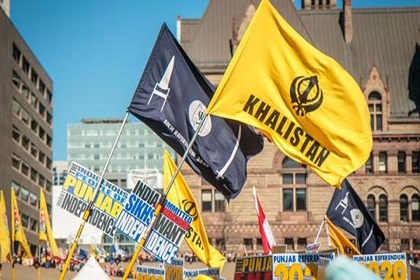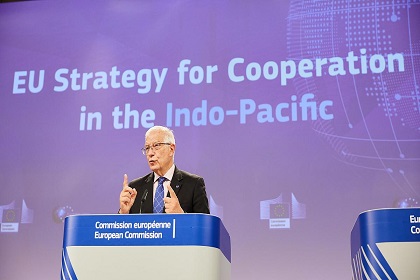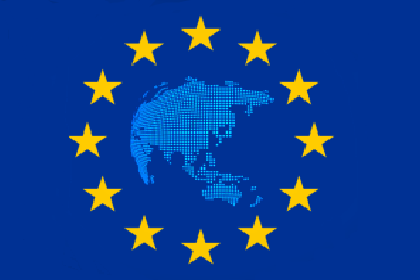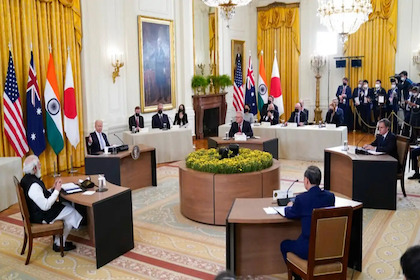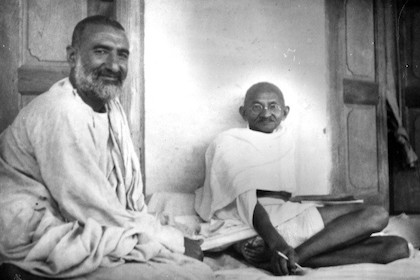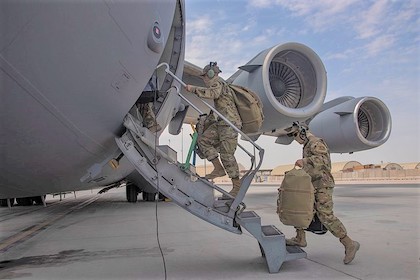Khalistan separatist propaganda continues
India’s ban on the separatist group Sikhs for Justice helps to conceal what they really mean by “justice”. SFJ's continuing firehose of publicity shows no interest in the human rights of the thousands of innocents who died in Khalistani terrorist attacks during the 1980s and '90s. Quite the contrary.

